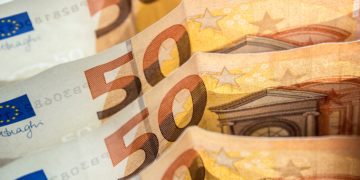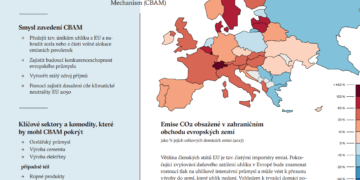Germany’s EU Council presidency paves the way for closer European cooperation – and draws Czechia into it
When Germany took over the presidency of the Council of the European Union from Croatia, the rest of the EU Member States welcomed it with a kind of relief. After the first wave of the COVID-19 pandemic in the spring of 2020, Europe found itself on the brink of a deep economic crisis. The EU capacities were occupied with other burning issues: post-COVID economic recovery, negotiations of the next Multiannual Financial Framework (MFF), the climate crisis, the ongoing Brexit negotiations, and the need for a new pact on migration. Germany’s takeover was seen as good luck during a European misfortune, as the country well known for its negotiation skills and experienced diplomats is also the EU’s economic powerhouse.
Economic recovery: What is beneficial for Germany is beneficial for Czechia
The chaotic waves of unilateral measures adopted by the Member States during the pandemic’s spring wave proved the vulnerability of the EU. However, the Member States also realised that no single country can overcome the crisis alone. More solidarity and cooperation are needed, not only to keep European integration functional, but also pragmatically, in order not to weaken the common market. German politicians are fully aware their country cannot prosper without the prosperity of all of Europe – which is crucially important also for Czechia, whose export-focused economy is strongly linked to the German one.
Czechia, therefore, expects the German presidency to successfully complete the negotiations on the 2021-2027 MFF and Recovery Fund as soon as possible and to find a way out of the current deadlock.
The whole article in the link below:




